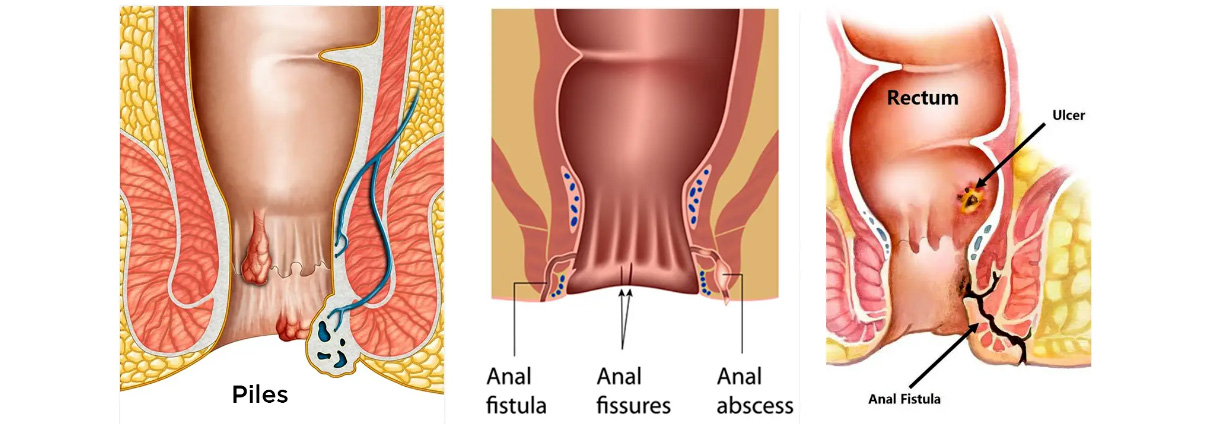
Fissure and fistula surgeries are common treatments for conditions affecting the anal region. An anal fissure is a small tear in the lining of the anus, often causing pain and bleeding during bowel movements. If non-surgical treatments like dietary changes or topical medications fail, surgery is recommended. Lateral internal sphincterotomy, the common surgical procedure for fissures, involves cutting a small portion of the anal sphincter muscle to reduce pressure and promote healing.
Anal fistulas, on the other hand, are abnormal connections between the inside of the anal canal and the skin around the anus, often resulting from infections or abscesses. Fistula surgery aims to remove the fistula tract or open it up to prevent infection and recurrence. The type of surgery depends on the complexity of the fistula, with options ranging from fistulotomy (cutting open the fistula) to advanced techniques like seton placement or flap procedures to preserve continence.
Both fissure and fistula surgeries are typically outpatient procedures, allowing patients to recover at home. Post-operative care includes pain management, maintaining hygiene, and a high-fiber diet to ensure smooth bowel movements. Most patients experience significant relief after surgery, though proper follow-up is essential to avoid complications and ensure complete healing.